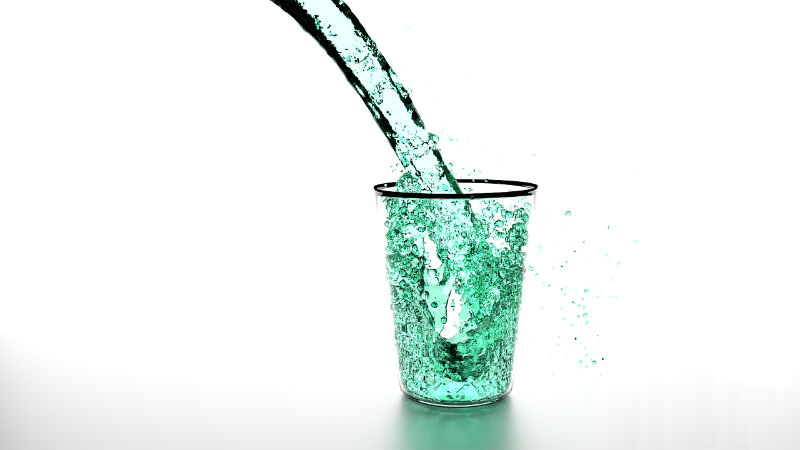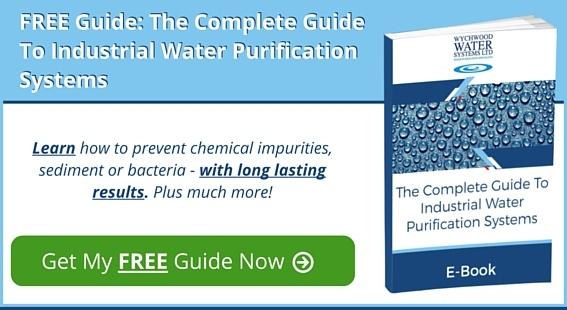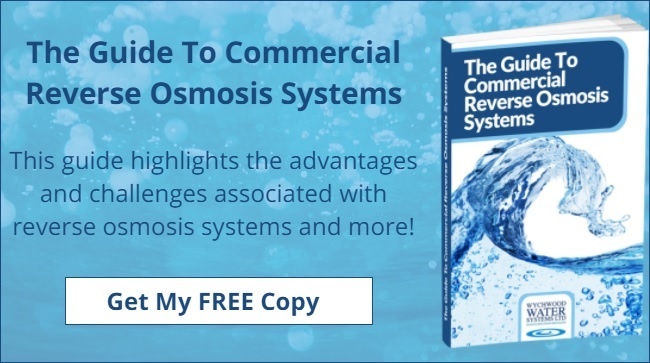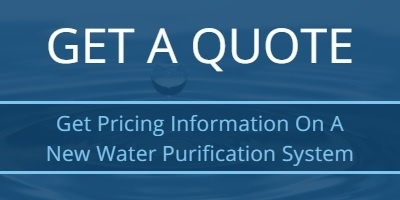
Endotoxin contamination can be a serious problem for manufacturing facilities, especially with processes relating to pharmaceutical, cosmetic and food and drink production. A water purification system should be equipped to test for and deal with endotoxin contamination before they reach unsafe concentrations in the feed water.
What Are Endotoxins And Why Do They Matter?
An endotoxin is a bacterial compound associated with several common categories of ‘Gram negative’ bacteria. Gram-negative bacteria have a characteristic peptidoglycan cell wall, located between the inner cell membrane and the outer membrane.
Their name comes from the bacterial identification method called gram staining. When exposed to a violet-coloured staining fluid (a solution of hexamethyl pararosaniline chloride), gram-negative bacteria quickly lose their coloured stain.
Gram-negative bacteria include some of the most notorious bacterial pathogens, including Escheria Coli (E. Coli), Neisseria Gonnorrhoeae (Gonorrhea), Chlamydia Trachomatis (Chlamydia) and Yersinia Pestis (Bubonic Plague).
Endotoxins are large molecules that are bound up in the outer membranes of their microorganisms. Unlike exotoxins, which are secreted by bacteria during life, endotoxins remain bound up and harmless until the bacterial cell is destroyed, e.g. when it is forced through a filter, or it sheds its membrane during reproduction.
Once present in the water, endotoxins – being pyrogenic – remain stable under high temperatures, thus showing a strong resistance to heat treatment. They are also small enough to slip through most filters used to remove bacteria.
Health Risks
In large quantities endotoxins are associated with a number of health conditions in humans, including:
- Fever
- Diarrhoea
- Weakened immune response to bacterial infection
- Haemorrhagic shock
- Leukopenia (critical reduction of the level of leukocytes in the blood)
- Auto-immune reactions
Testing Water For Endotoxins
Due to their release on the death of bacterial organisms, feed water is particularly at risk from endotoxin contamination AFTER it has been treated for contaminants such as E. coli. Tests that reveal the presence of gram-negative bacteria also indicate the presence of endotoxins, which should be tested for immediately.
Endotoxins can be detected by analysing water samples using the Limulus Amebocyte Lysate (LAL) test. This testing method was developed in the 1970s by observing how blood cells extracted from horseshoe crabs began to clot when endotoxins were present.
It is the tendency of endotoxins to stimulate a coagulating response that lies behind many of their negative impacts on human health.
There are several types of LAL test which are available to detect endotoxins. Some deliver a binary positive/negative result, while others allow you to quantify the volume of endotoxins in the feed water. While these can be carried out in-house, we recommend the services of a professional micro biology lab for the most accurate results.
Treatment To Remove Endotoxins
Being heat resistant and pH stable, endotoxins are more difficult to remove from water than bacteria themselves, which can normally be removed by a high-grade sterile filter. However, they can be successfully removed by channelling the contaminated feed water through a microfiltration system consisting of an ultra-fine microporous polyethylene membrane.
These treatments have been shown to be up to 78% effective at removing endotoxins. If the surface of the filter is cross-linked with a hydrophilic, positively charged amine coating, then it will be even more effective at binding the endotoxins to the membrane. Additional sterilisation can be carried out through UV light treatment.
Our FREE Water Purification Guide
More information about water purification systems can be found in our , which can be downloaded for free by [clicking here]. If you would like to speak with one of our engineers about the most appropriate system for your facility, please call us today on 01993 892 211.









 We are a specialist independent company involved in water purification and water treatment technologies
We are a specialist independent company involved in water purification and water treatment technologies


